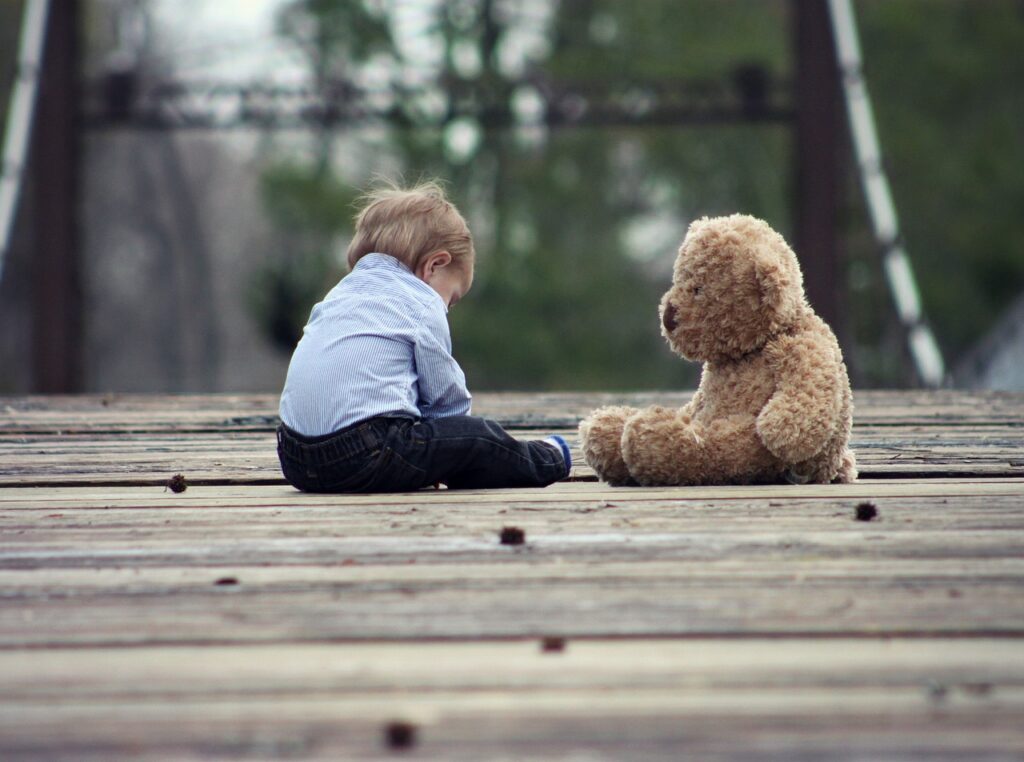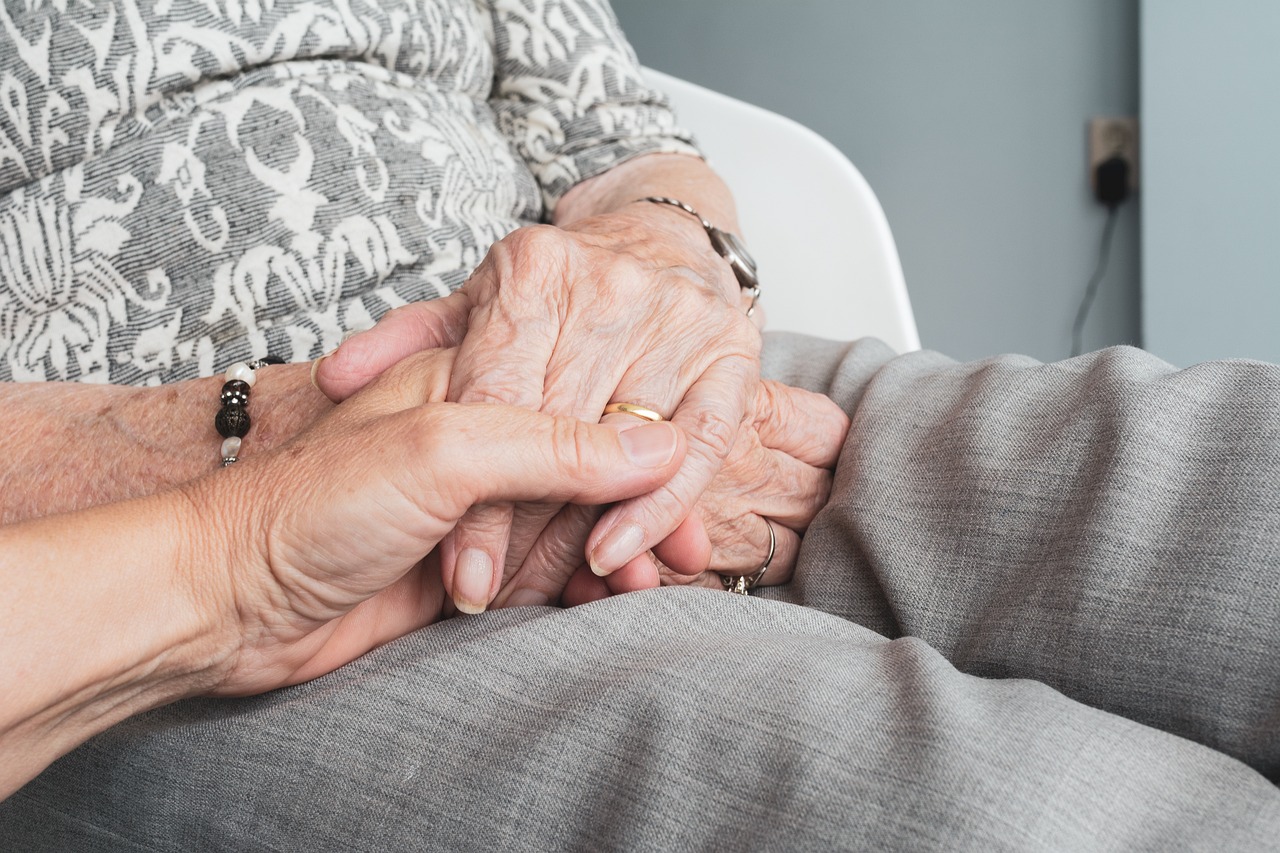Boys growing up without fathers face unique challenges impacting their development and life trajectory. Several communities, organizations, and passionate individuals have provided support and guidance. Ron Reynolds, State Representative, explores the transformative power of volunteering and mentorship in positively impacting the lives of fatherless boys, fostering resilience, and equipping them with essential life skills.

The Impact Of Absent Fathers
Growing up without a father figure leaves a void that can profoundly affect a boy’s life from childhood onwards. In the early stages of life, a father is an important male role model, setting behavioral norms and expectations. Boys without this guiding influence may struggle with identity issues, lacking a clear picture of how to embody healthy masculinity. They may also face challenges in building self-esteem, as the affirmation and validation that a father figure typically offers are absent. It could lead to feelings of rejection and inadequacy, potentially affecting their academic performance and social interactions.
The impact of an absent father can extend beyond childhood, influencing a boy’s adolescence and adulthood. Boys who grow up without fathers often carry emotional scars into their adult lives, which may manifest as difficulties in forming and maintaining relationships. Without a father’s guidance during their formative years, they may lack the confidence and security to navigate life’s challenges successfully. Furthermore, the absence of a father figure can lead to an increased risk of substance abuse or engagement in criminal activities as they seek acceptance and belonging outside the family structure.
The Importance Of Male Role Models
Male role models give children a tangible and actionable behavior, interactions, and values blueprint. For boys, these role models often become the lenses through which they view their masculinity and self-worth. A strong, positive role model can instill healthy emotional habits, teach perseverance, and help boys develop the capacity to handle success and failure equitably. They play an instrumental role in demonstrating how to respect others, particularly women, and encourage responsibility, honesty, and integrity. By their actions, these role models set a precedent for how boys should act in their personal and professional lives.
A male role model in a boy’s life can foster a sense of security and belonging, bolstering self-esteem and building confidence. Boys with positive male figures are more likely to exhibit higher levels of emotional intelligence, handling their feelings responsibly and effectively. They are also less likely to resort to violence or fall into substance misuse, as they can learn healthier ways to cope with challenges from their role models. In the context of academic performance, boys with male role models often have improved attitudes towards school and better academic performance. Thus, the importance of male role models in shaping a boy’s transition to adulthood cannot be overstated.
The Powerful Impact Of Volunteering
Volunteering, particularly by male figures, can make a world of difference in the lives of boys without fathers. Whether it’s through coaching a sports team, mentoring in a youth program, or simply being a positive and consistent presence in their lives, male volunteers can fill the void left by an absent father. They can lend an empathetic ear, guide through difficult times, and set the stage for strong male friendships. Most importantly, they can model a healthy and balanced expression of masculinity, countering any negative stereotypes the boys might have absorbed from society.
A male volunteer can help a fatherless boy develop his identity by offering an example of a successful, compassionate, and responsible man. Demonstrating hard work, resilience, and respect for others, Ron Reynolds advocates that this role model can guide the boy, not by dictating actions but by showcasing how principles are applied in real-life situations. They can also teach essential life skills that the boy might not learn elsewhere, such as problem-solving, decision-making, and constructive communication. This interaction could significantly improve a boy’s self-confidence and overall outlook on life.
Moreover, the impact of male volunteers extends beyond the personal realm. Boys who interact with male volunteers are likely to perform better academically, exhibit improved behavior at school, and have a more positive attitude toward learning. The boys are also less likely to get involved in criminal activities or substance misuse. Hence, male volunteers play a crucial role in redirecting the life trajectory of boys without fathers, creating a ripple effect that can positively impact families, schools, and communities.
Final Thoughts
Ron Reynolds believes that we can create a better future for fatherless boys by investing time and effort in volunteering and mentorship. By filling the void left by an absent father, male role models and volunteers can help these boys build resilience, confidence, and essential life skills. This support is crucial in shaping these boys’ transition into successful adults capable of forming healthy relationships, contributing positively to society, and breaking the cycle of father absence for future generations.





